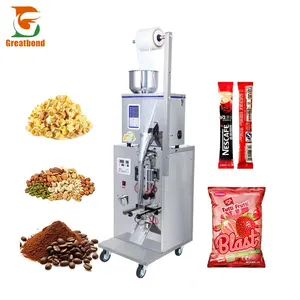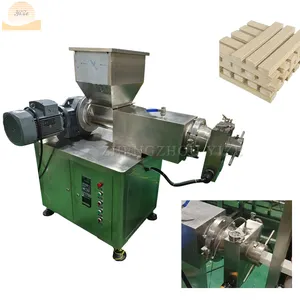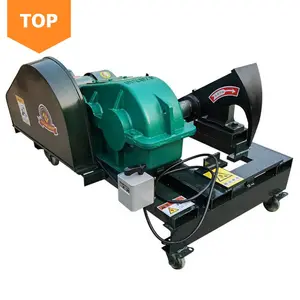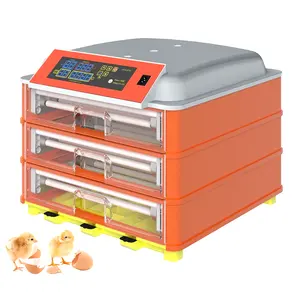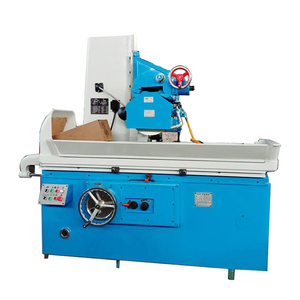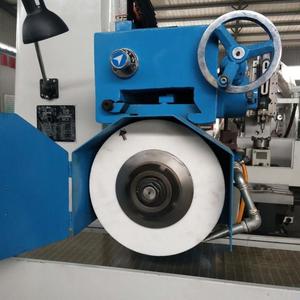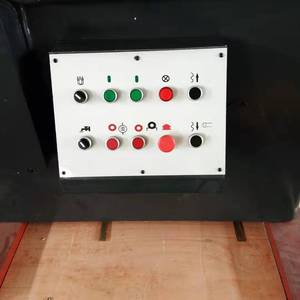Popular in your industry

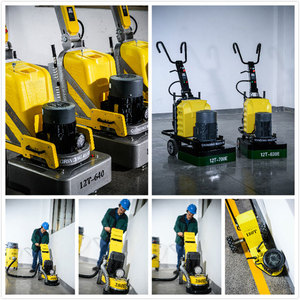
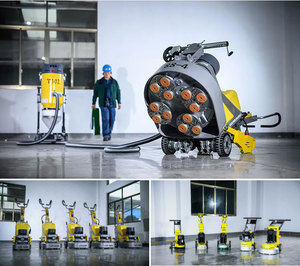





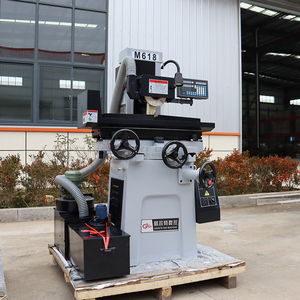
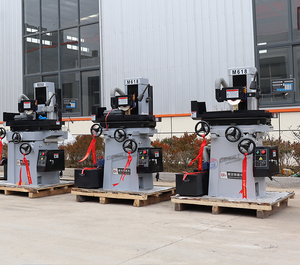
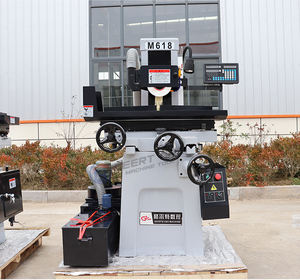

















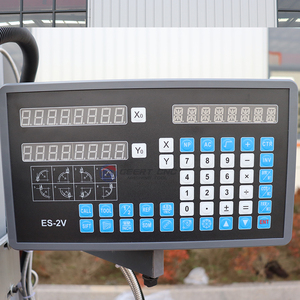


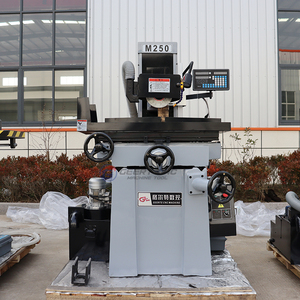
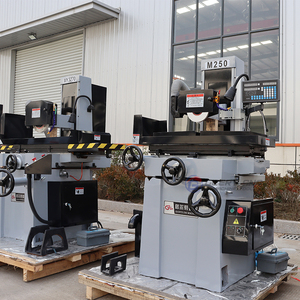


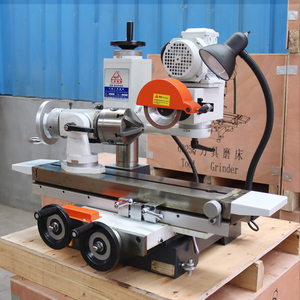





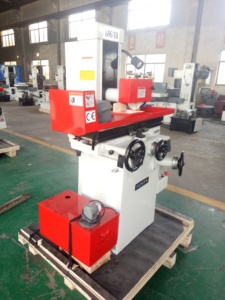

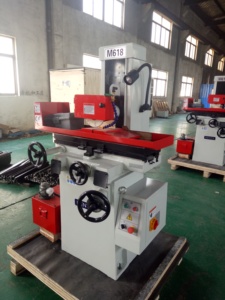








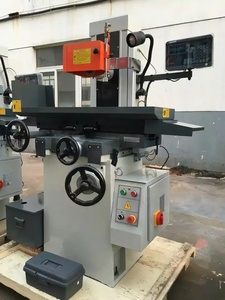

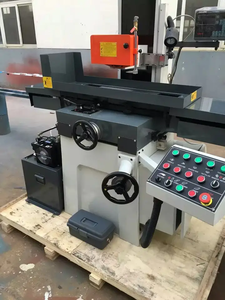


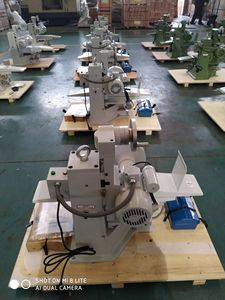






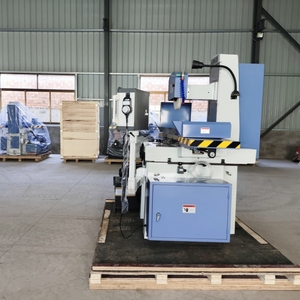







Related Searches:


















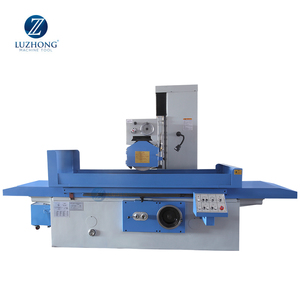






















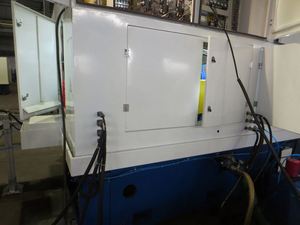



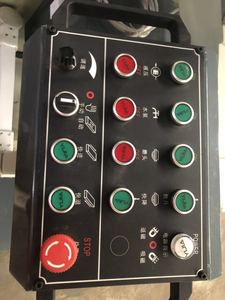







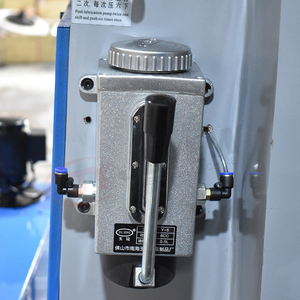





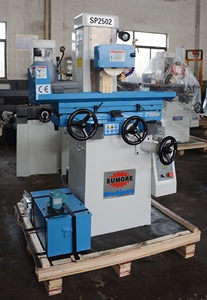

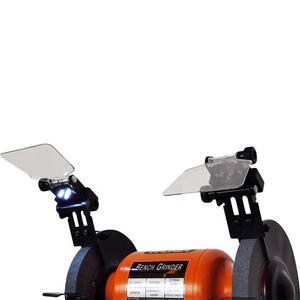

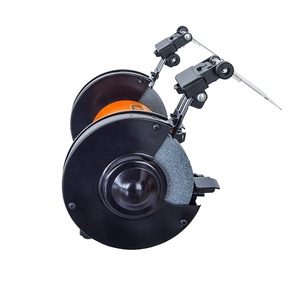




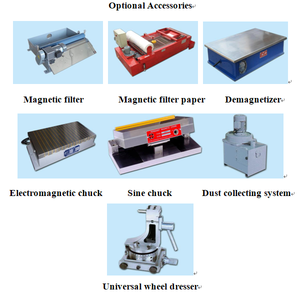












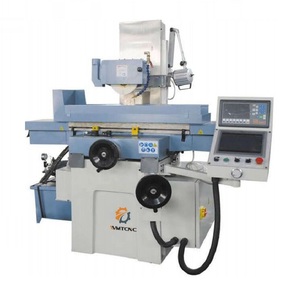



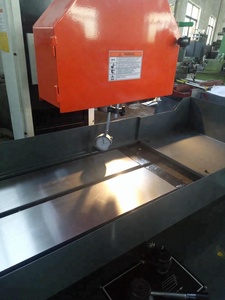













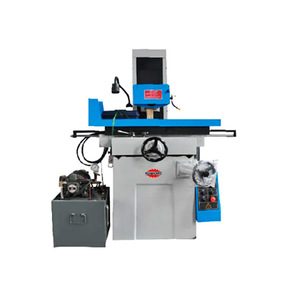








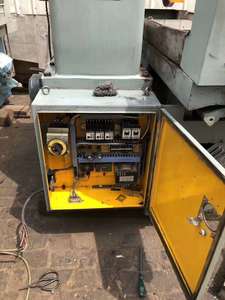
















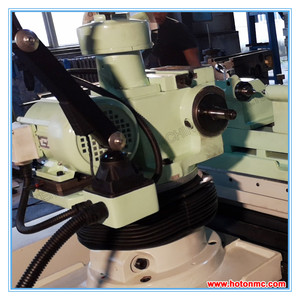
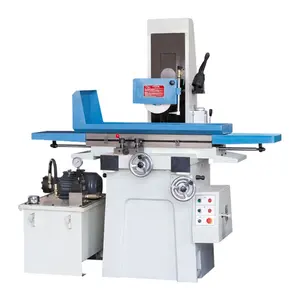

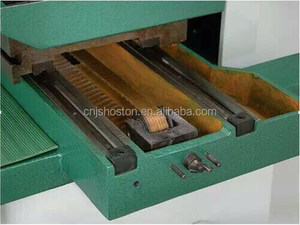
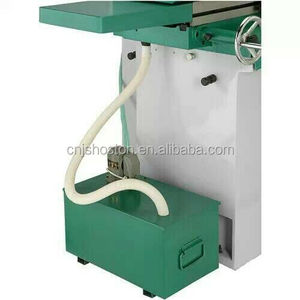
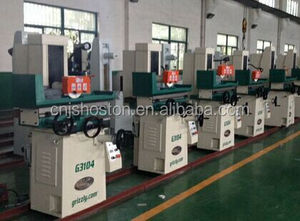




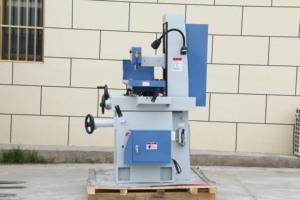



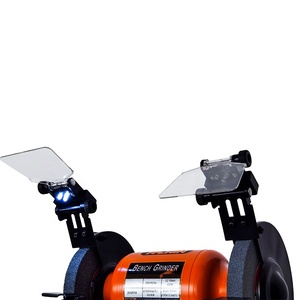



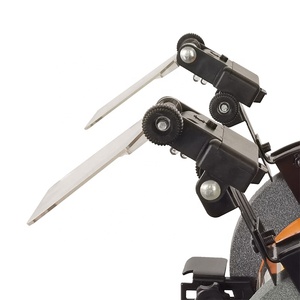


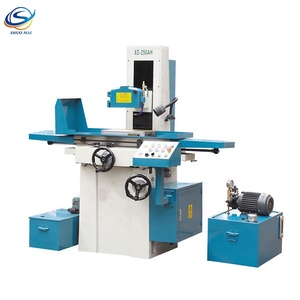

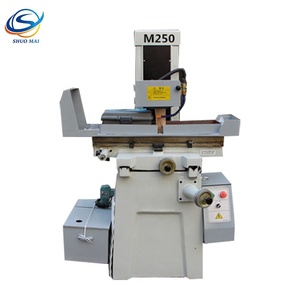

Top categories
About benchtop surface grinder
In the intricate world of metalworking, the benchtop surface grinder stands as a paragon of precision and fine finishing. This comprehensive guide delves into the nuances of these indispensable tools, revealing how they shape metals to exacting standards with a finesse that is the hallmark of quality craftsmanship. From the safety protocols that govern their use to the selection of the right abrasive wheel, we explore the factors that make benchtop surface grinders a cornerstone in workshops across industries. Whether you're a seasoned machinist or a curious newcomer, prepare to gain a thorough understanding of benchtop surface grinders and how to harness their capabilities for your precision work.
Understanding Benchtop Surface Grinders

Benchtop surface grinders are precision tools used in the finishing process of metalworking. These grinders utilize a stationary, abrasive, rotating wheel to shave or finish a metallic surface to a high degree of accuracy. The material is typically held in place by a vise, which is part of a table that moves back and forth under the abrasive wheel. The precision of a benchtop surface grinder allows for a maximum cut of 0.005 inches, catering to projects requiring meticulous attention to detail. The magnetic table aids in securing the material, with a lever to toggle the magnets, ensuring stability during the grinding process. The grinder's movement can be either automatic or manually controlled, depending on the task's requirements.
Safety is paramount when operating benchtop surface grinders. Users must wear safety glasses to protect against flying shavings, ensure that the wheel has reached maximum speed before use to detect any potential faults, and confirm that the material is securely fastened. The wheel guard should cover at least half of the grinding wheel, and the magnetic chuck should be clean to prevent material slippage. Additionally, proper maintenance such as checking the grinding wheel for integrity and ensuring a clean working environment are crucial for safe and efficient operation.
The process of using a benchtop surface grinder involves securing the material, positioning it accurately under the abrasive wheel, and starting the machine to reach the desired speed for safety and effectiveness. The wheel's speed, the material's hardness, and the amount of stock to be removed are all factors that influence the selection of the grinding wheel's specifications, including the abrasive, grit size, grade, and bond type. These factors must be carefully considered to achieve the desired finish and precision in the grinding process.
Types of Benchtop Surface Grinders on Alibaba.com

Alibaba.com showcases a diverse range of benchtop surface grinders, catering to various grinding needs in precision work. The selection includes manual magnetic table models designed for small-scale surface grinding tasks, CNC technology-equipped sharpening machines offering a high degree of automation and precision for tool sharpening, and high-precision, CE-standard benchtop grinders ideal for detailed grinding work.
There are also options with larger center distances, providing more space for bigger workpieces, as well as portable options with smaller wheel bores. For businesses looking for ready-to-ship products, there are universal tool and cutter grinders with mini magnetic chucks, providing immediate grinding solutions. Other variants cater to larger surface grinding with substantial machine sizes.
For specialized applications, there are models equipped with CE standards and directly available from the factory, ensuring a blend of quality and convenience. Auto cylinder head surface grinders promise efficiency and precision. Lastly, competitive flat grinders and universal cutter tools round out the selection, offering a range of functionalities for different industrial requirements.
Key Features to Consider When Selecting a Surface Grinder
When selecting a surface grinder, it's crucial to consider the machine's features to ensure it meets your operational needs. Automatic surface grinders are designed for large-scale operations, prioritizing speed and efficiency. For smaller tasks, bench grinders offer affordability and versatility. Double-column surface grinding systems provide exceptional stability and rigidity, beneficial for high-precision tasks, though their size and cost may be prohibitive for smaller shops.
Manual hand-feed grinders cater to low-production jobs, allowing for hands-on control, while precision surface grinders leverage advanced technology for highly accurate results with minimal operator effort. Key features to look for include the range of motion in the cutting head, which should move in all three axes for precise cutting and grinding. The size of the table is also important, as it determines the range of workpiece sizes that can be accommodated.
The construction of the grinder should be rigid to minimize vibration, enhancing both accuracy and finish quality. Look for machines with a high-column design for extra clearance under the wheel, and consider the power and design of the motor and spindle. Direct-drive designs can reduce movement and further improve precision. Variable speed options are also advantageous, as they allow for the adjustment of the grinding process to suit different materials and achieve the desired finish.
Applications of Benchtop Surface Grinders in Various Industries
Benchtop surface grinders are integral to various industrial sectors, particularly within the manufacturing industry. These machines are essential for ensuring that components are crafted with precision in both shape and measurements. Their versatility allows them to effectively work with a range of materials, including different metals and plastics. Beyond manufacturing, benchtop surface grinders play a crucial role in power generation sectors, such as in the maintenance and creation of windmill components. The railway industry also benefits from the precision work of these machines, utilizing them for the maintenance and production of critical parts. In the automotive sector, they are instrumental in the manufacturing of engine parts like piston rings, clutches, gears, engine blocks, and washers. The wide application of benchtop surface grinders underscores their importance in producing and maintaining the high-quality components necessary for the smooth operation of various industry machineries.
Materials Commonly Processed with Benchtop Surface Grinders
Benchtop surface grinders are versatile tools used to work on a variety of materials to achieve a smooth, flat surface. Typical materials processed include cast iron and mild steel, which are favored for their non-clogging characteristics during the grinding process. These grinders are also capable of handling other materials such as aluminum, stainless steel, brass, and certain plastics. However, it's important to note that when subjected to the high temperatures generated during grinding, materials like aluminum can weaken and become more prone to corrosion. Additionally, materials that are ferromagnetic can lose some of their magnetic properties if heated beyond their Curie temperature during the grinding process.
The choice of material not only affects the performance of the grinding operation but also the longevity and finish of the workpiece. For instance, grinding at high temperatures can induce residual stresses and create a thin martensitic layer on the surface of the part, which may affect its fatigue strength. This underscores the importance of selecting the right benchtop surface grinder and abrasive materials for the specific material being worked on to ensure precision and quality in the finished product.
Advantages of Using Benchtop Surface Grinders for Precision Work

The Alibaba 6" Variable Speed Benchtop Grinder offers significant advantages for precision work. Its variable speed control allows for the handling of HSS and carbide materials with minimal heat generation, ensuring the integrity of the tools being sharpened or shaped is maintained. The precision plated Superabrasive wheels, which include CBN and Diamond, are balanced and remain flat, eliminating the common issue of wheel dressing. This feature is particularly beneficial for precision tasks, as it ensures consistent grinding without additional dust.
Moreover, the patented low-speed, high-feed grinding capability of the Alibaba Grinder stands out in the realm of precision machining. The ability to perform heavy cuts at speeds below 1000 rpm not only keeps the process cool but also quiet, which is essential for maintaining focus and accuracy during delicate operations. The audible feedback when a tool contacts the wheel allows for precise control over the grinding process, enabling the user to achieve desired radii or chamfers with high precision.
The design of the grinder is such that it supports a variety of machine shop necessities, enhancing its utility in precision applications. The compatibility with a wide range of attachments further extends its versatility, making it a valuable asset for those requiring meticulous and detailed work. This combination of features makes the Alibaba 6" Variable Speed Benchtop Grinder an advantageous tool for those seeking to achieve high levels of precision in their grinding operations.
How to Maximize Efficiency with Alibaba’s Benchtop Surface Grinders
To maximize efficiency when using benchtop surface grinders from Alibaba, it's crucial to employ abrasives correctly. This not only enhances performance and efficiency but also improves operator comfort and reduces waste. Proper storage and handling are fundamental; tools and abrasive products should be kept in a cool, dry place away from extreme temperatures or moisture to prevent premature breakdown.
In the context of grinding applications, efficiency is tied to productivity. Avoiding the use of damaged or chipped resin-bonded wheels is not only a matter of safety but also of maintaining performance. Humidity can adversely affect resin fiber disks, causing them to deform, which underscores the importance of environmental control in storage areas.
Optimizing performance in grinding operations involves minimizing rework and reducing the time spent on product changeovers. By following these practices, operators can create a more efficient process, leading to cost savings and improved productivity for their operations.
Maintenance Tips for Longevity and Consistent Performance
Maintaining a benchtop surface grinder is crucial for ensuring its longevity and performance. Key to this is the mechanical maintenance and protection, which if done correctly, can extend the accuracy and service life of the machinery. A well-maintained grinder should have all parts wiped and oiled after each use, particularly the sliding parts, to maintain their functionality.
It's important to keep the ground parts clean, using a clean cloth or a small brush to remove any debris. Applying anti-rust oil to critical components such as the grinding wheel flange, spindle grinding head, and dials is also essential to prevent corrosion and wear.
Adjusting the oil quantity is a delicate task; turning the adjuster clockwise tightens it, while counterclockwise loosens it. The oil flow should be set to a rate that is neither too fast, which could lead to overflow and waste, nor too slow, which might affect the smooth operation of the grinder. These maintenance tips, when applied regularly, can improve the equipment's function, ensure its reliable operation, and enhance work efficiency.
Conclusion
Mastering the benchtop surface grinder is an art that combines knowledge, skill, and the right equipment. Throughout this guide, we've explored the various types of grinders available on Alibaba.com, each with its unique features tailored to different industrial needs. We've discussed the importance of considering key features like motion range, table size, and construction for achieving high precision and quality finishes. The wide-ranging applications in industries from manufacturing to automotive highlight the versatility and necessity of these machines. We've also touched on the materials best suited for grinding and the advantages of using high-quality grinders for precision tasks. To ensure the longevity and consistent performance of these machines, we've provided essential maintenance tips. By following these guidelines and maximizing efficiency with Alibaba’s offerings, professionals can ensure their grinding operations are as effective and precise as possible, maintaining the high standards required in today's competitive landscape.
